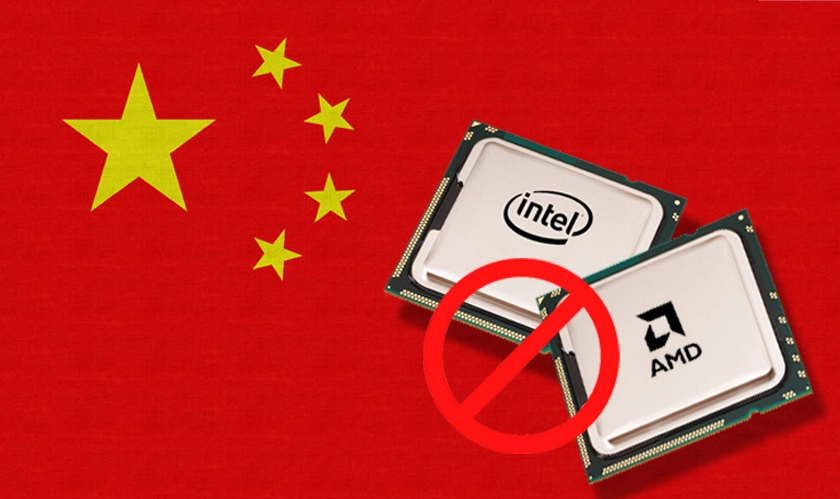Home Industry Law ethics and legal services China bans use of AMD and Inte...
Law Ethics And Legal Services

CIO Bulletin
25 March, 2024
In an effort to replace foreign technology, China has introduced new standards to gradually eliminate American microprocessors from government computers. These microprocessors are made by AMD and Intel.
Government procurement guidelines are becoming stricter, with the aim of excluding foreign-made database software and Microsoft's Windows operating system. The focus should be on promoting domestic alternatives. It is conducted concurrently with state-owned enterprises' parallel localization initiative.
As tensions between the two countries rise, the new procurement regulations are China's most important effort to date in creating indigenous alternatives to foreign technology. They also mirror those taken in the United States. The US has limited the export of advanced chips and tools to China, imposed more sanctions on Chinese companies for national security reasons, and enacted laws to promote the development of technology within the United States.
Officials have started following new criteria for PCs, laptops, and servers this year. The criteria were quietly announced on December 26 by the Ministry of Finance and the Ministry of Industry and Information Technology (MIIT). When buying things, higher-level government organizations and party organs require "safe and reliable" processors and operating systems.
The 18 approved processors included chips made by the state-backed companies Phytium and Huawei. Washington has placed both on its export blacklist. Chinese processor manufacturers use different chip designs, like Arm, Intel x86, and their own, along with open-source Linux operating systems.
Beijing is changing its procurement practices as part of a larger national policy called xinchuang, or "IT application innovation," which aims to achieve technical independence in the state, military, and government sectors.







